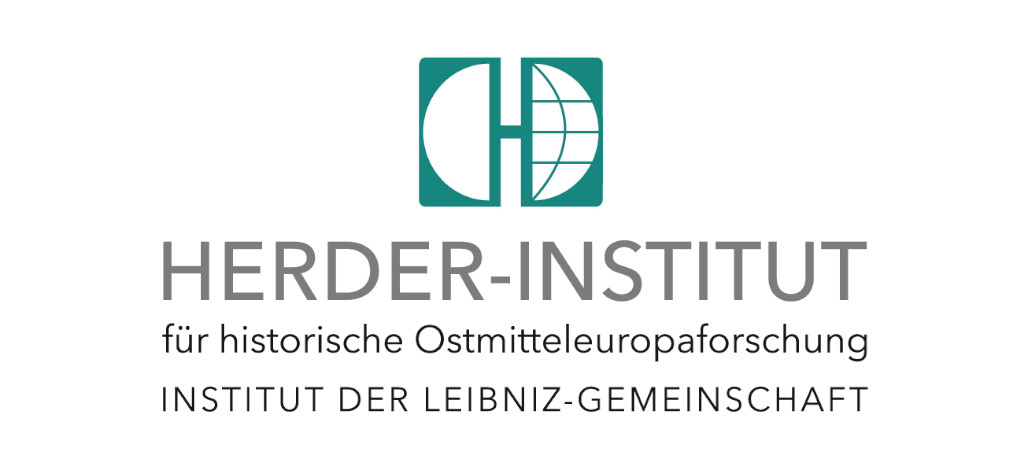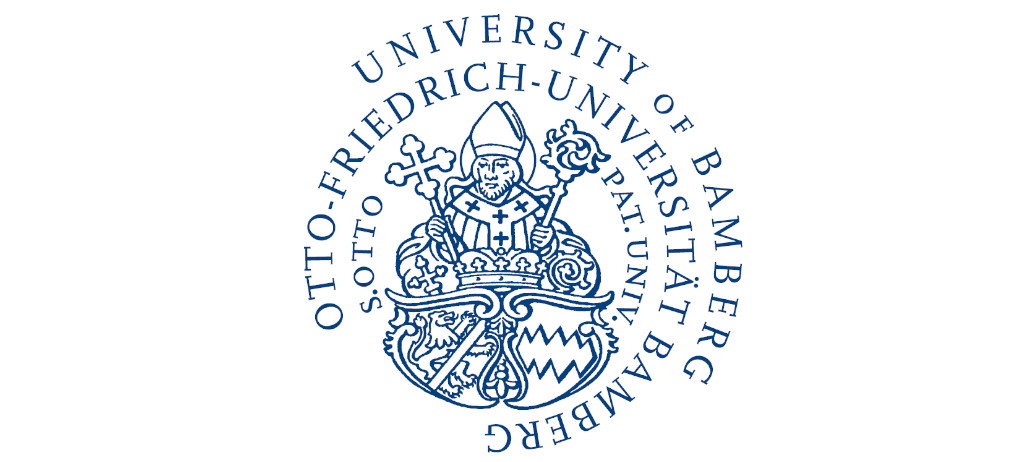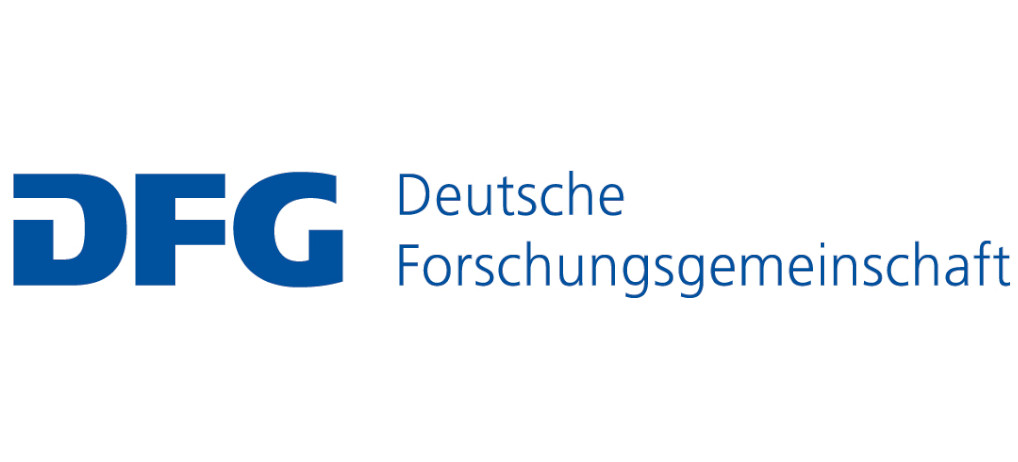Main Content
Subproject B06
Securitization and Security Export
1. Funding period (2014-2017)
The subproject deals with military engagements abroad as a result of securitization processes. The cases dealt with are analyzed under the aspect of security export, in which security policy is no longer a task primarily related to the state territory in the sense of national defense, but manifests itself in military engagements of a country or an institution outside its own territory. The aim is to create security within the country's own territory by transferring modes of providing security to other territories. A variety of measures can be used for this purpose, such as diplomatic efforts or economic aid. However, the focus of this subproject is on military forms of security export.
The research focuses on the question of how the justification and legitimization of security export occurs and is institutionalized in different cases. Since the military export of security is a particularly controversial phenomenon that requires justification, the focus of the subproject is particularly directed at the relationship between the construction of security threats in securitization processes and the phenomenon of security export. The decision to engage militarily in another territory, or to legitimize it permanently, requires a special justification despite the increasing expansion of security understandings that used to be largely limited to state territories. This communicative process, which aims at collective commitment, aims at legitimizing the taking of military measures by the fact that in a certain area outside one's own territory, where a threat is perceived, this same threat is to be averted in order to strengthen one's own security. Since this often goes hand in hand with the reformulation of existing conceptions of security that tend to reject the use of force, and since divergent societal security interests find their crystallization point in this question, the relationship between the construction of a security threat and the resulting instruction to act plays a special role in the subproject's investigations.
In the first funding period, the subproject will examine three different cases of securitization and security export: Germany, the EU, and Japan.
Based on the debate about foreign deployments of the Bundeswehr 1973-2010, the first study examines how the security policy paradigm of the Federal Republic has changed from pure national defense to military deployments worldwide. It examines how the relationship between securitization and security export changed and expanded the understanding of security that had been established up to that point in the mid-1970s, and how a new role and significance was ascribed to the armed forces.
The second study is devoted to the relationship between securitization and security export within the EU. The focus of investigation here is on the inter-elite negotiation processes that take place especially between bureaucratic and political actors. The questions investigated are which means of influence are available to bureaucratic actors, under which framework conditions they can actually assert them, and what effect this has on the overall political securitization processes.
The third study, the case of Japan, not only expands the focus of the investigations to include a non-European component, but is also of particular interest for the research question and comparative perspective of the subproject, since in this example, identity constructions deeply anchored in national discourse oppose and clash with an action-guiding securitization process. For some time now, there has been intense controversy in Japan over whether the country should abandon its traditional restraint. The project will therefore address the question of the extent to which this is a process of securitization driven by security elites, which modes are used in this process, and for what reasons security actors have so far only been successful to a limited extent.
Inhalt ausklappen Inhalt einklappen Members
Subproject Head
Prof. Dr. Hubert Zimmermann
Research Assistants
Hannah Broecker
Marc Chaouali



